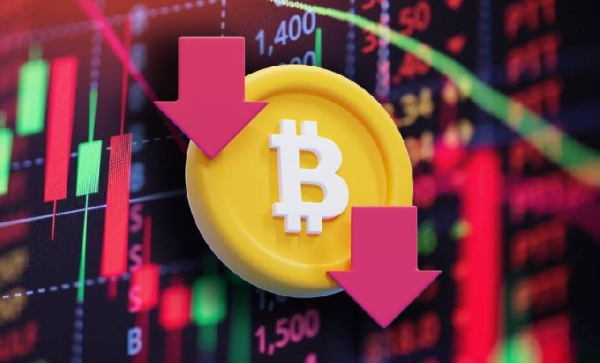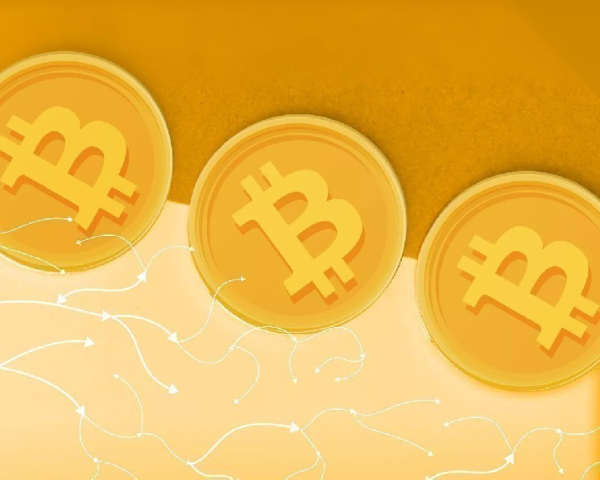Bitcoin user activity has fallen by 26% over the past year.

According to analyst Carmelo Aleman, Bitcoin network activity continues to decline, despite the price reaching new highs in 2025. A key indicator—the number of active addresses—fell from 1.18 million to 872,000 over the year, a decline of 26.1%. This figure reflects the level of real blockchain usage, as it includes all addresses that send or receive coins within a 24-hour period. Therefore, the current decline indicates a weakening of user economic engagement and a decline in network activity, regardless of market fluctuations.
Analysts cite the withdrawal of retail investors as the main reason for the decline. Over the past year, amid liquidations and a protracted decline in the altcoin market, many small traders have ceased interacting with the network. This has significantly changed the participant structure: the Bitcoin chain is now largely controlled by institutional investors and long-term holders, whose activity is less frequent. Their transactions are stable, but do not generate significant network turnover.
The decline in activity is confirmed by the dynamics of transaction fees. While the average transfer fee was $8.44 in November 2024, by the end of October 2025, it had dropped to $0.56. This difference is explained by low demand for block space: transactions no longer compete for confirmation, and blocks are often only partially filled. Historically, periods of high retail engagement have been accompanied by network congestion and increased fees, which is no longer the case.
The lack of mass participation in the network slows down the market cycle: retail traders traditionally create momentum, allowing large holders to lock in profits. Without their participation, the process drags on, and market and network activity declines.
Nevertheless, analysts believe that such phases are natural for a mature market. Lower fees and a drop in the number of transactions do not necessarily mean a reduction in Bitcoin's potential for growth, but merely reflect a transition from speculative activity to accumulation.
Source: cryptonews.net



